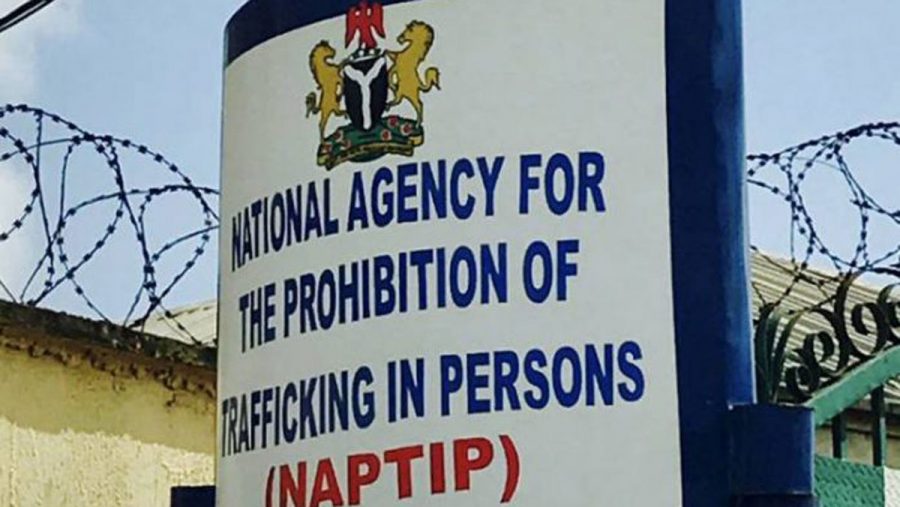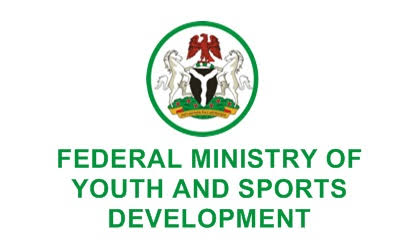As Nigeria joins the world to world mark the 2021 World Toilet Day, the United Nations Children Fund (UNICEF) office in Nigeria announced, on Thursday, that its data indicated that 46 million Nigerians lack access to toilets which is key to ending open defecation thereby boosting health and total well-being.
As a result, many people in the affected communities end up with different preventable ailments which often lead to death.
UNICEF Chief of Maiduguri Field Office Dr Clement Adams, in his presentation at a one-day media dialogue in Maiduguri, on Thursday, noted that northeast states of Borno, Adamawa and Yobe, are among the states with high number of people that practice open defecation.
Precisely, he said that 16 per cent of the population in Borno State and 32 per cent of the population in Yobe State still practice open defecation with devastating effect on the health and wellbeing of the affected people.
He suggested that stakeholders must review existing mechanisms with a view to improving access to toilets, reduce disease outbreaks and tackle malnutrition in conflict-affected children.
‘Valuing toilets, being the theme of 2021 World Toilet Day is apt. Evidence has shown that access to toilets and water benefit people and nations, and promotes the wellbeing of the workforce and contribute to the reduction of stunting in children. Undoubtedly, ending open defecation helps to protect the dignity of women and girls and reduce the incidences of gender-based violence,’ he said.
He confirmed that since 2018, UNICEF has supported north-east states with the construction and rehabilitation of 4,752 and 2,976 toilets, respectively, across IDP camps and communities, and about 200 sites have been supported with hand pump boreholes, while 126,690 non-food items have been distributed to displaced and vulnerable families.
Additionally, he said that UNICEF has built capacities of state departments and LGAs to deliver safe and sustainable Water Sanitation and Hygiene (WASH) services to communities and Internally Displaced People (IDPs), and also supported Adamawa, Borno and Yobe states to undertake rapid response to cholera outbreaks.
He added that, at a time when the Federal Government intensified effort to make open defecation free through the nationwide Clean Nigeria Campaign, it is important for states adopt a mission mode to become open defecation free by 2025.
He encouraged practical steps towards ending open defecation, thus advocating construction of more toilets and water sources especially among the most vulnerable population IDP camps or host communities.
‘In addition to that, schools, markets and other public places must not be left out even as we promote behavioural change among the people. National and state budgets must reflect the importance of toilets and water sources to the health of children and workforce.
‘We must prioritise investments in physical and human resources and scale up existing programmes targeting expansion of toilet and water services. Evidently, inability to access toilets is costly. It robs children of their health and peace. When people die of cholera complications, children are sadly stripped of parental care and the most basic protection,’ he said.
He promised that UNICEF will continue to work with states and RUWASSA especially in the north-east states, to promote the wellbeing of conflict-affected people and safeguard the rights of their children to life and good health.
He also promised that UNICEF will continue to advocate for one more toilet and borehole across north-east states until every IDP camp, home, school and market have adequate sanitation and hygiene and facilities that safeguard the wellbeing of all.
Meanwhile, the General Manager, Borno State Rural Water Supply and Sanitation Agency (RUWASSA), Dr Mohammed Musa Aliyu, highlighted the challenges being faced in the state to provide portable clean water for Borno rural communities.
‘But in spite of that, especially the insecurity, we have been able to provide water in communities in various hard-to-reach local government areas including Gwoza. For instance, we faced difficult times providing for Pulka, a community that is 116km from Maiduguri and a border town with Cameroon.
‘We had to use the security agents to transport equipments for the water, use helicopter to transport the workers, in addition to several sabotage from people who are benefitting from the absence of water in the community.’
He also highlighted the roles being played by the community and religious leaders towards eradicating open defecation practice in the state. ‘We are on the verge of declaring some local governments open defecation free.’
Similarly, the General Manager, Yobe State Rural Water Supply and Sanitation Agency (RUWASSA), Alhaji Abubakar Liman Baba, in a presentation, explained that efforts of the state and other partners led to the declaration of one of its local government, Machina LGA, Open Defecation Free (ODF)
He appreciated the support received from the state government and other partners which has led to the success achieved so far in the fight against open defecation.






2 Comments